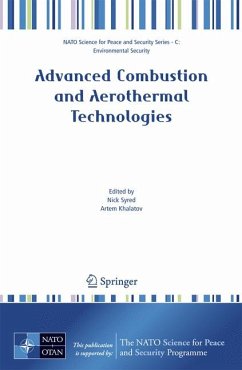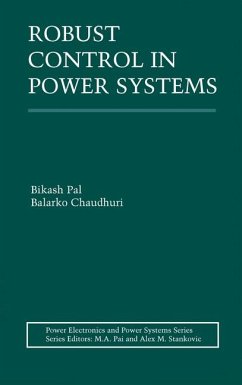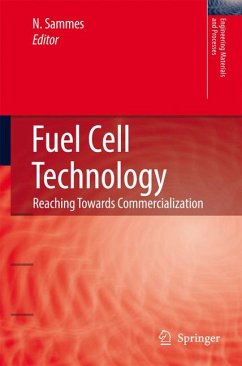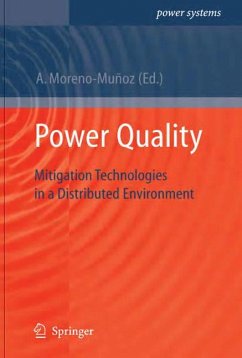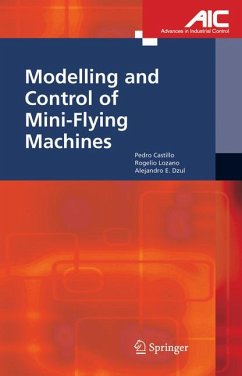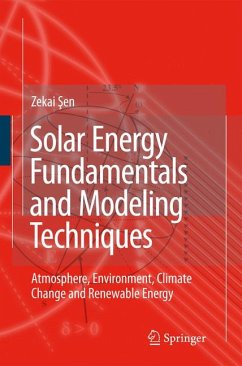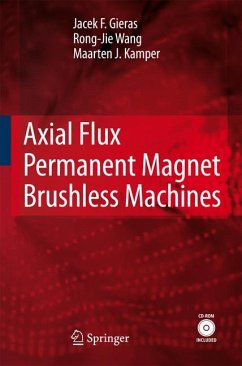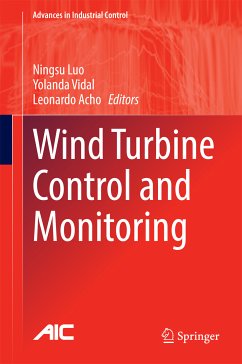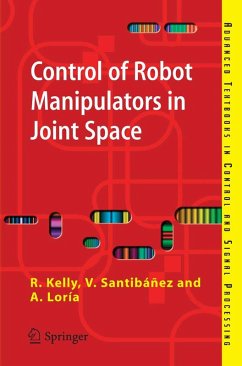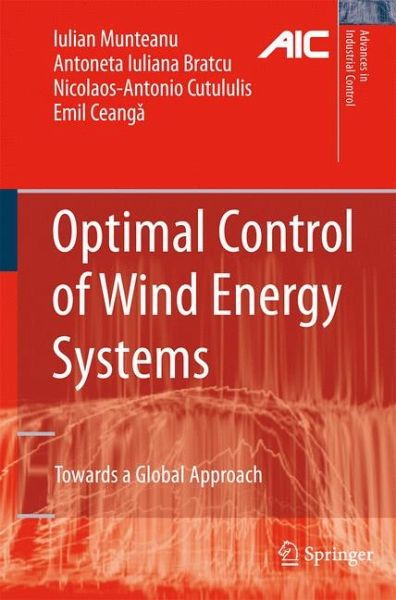
Optimal Control of Wind Energy Systems (eBook, PDF)
Towards a Global Approach
Versandkostenfrei!
Sofort per Download lieferbar
136,95 €
inkl. MwSt.
Weitere Ausgaben:

PAYBACK Punkte
68 °P sammeln!
Optimal Control of Wind Energy Systems is a thorough review of the main control issues in wind power generation, covering many industrial application problems. A series of control techniques are analyzed and compared, starting with the classical ones, like PI control and gain-scheduling techniques, and continuing with some modern ones: sliding mode techniques, feedback linearization control and robust control. Discussion is directed at identifying the benefits of a global dynamic optimization approach to wind power systems. The main results are presented and illustrated by case studies and MAT...
Optimal Control of Wind Energy Systems is a thorough review of the main control issues in wind power generation, covering many industrial application problems. A series of control techniques are analyzed and compared, starting with the classical ones, like PI control and gain-scheduling techniques, and continuing with some modern ones: sliding mode techniques, feedback linearization control and robust control. Discussion is directed at identifying the benefits of a global dynamic optimization approach to wind power systems. The main results are presented and illustrated by case studies and MATLAB®/Simulink® simulation. The corresponding programmes and block diagrams can be downloaded from the book's page at springer.com. For some of the case studies presented, real-time simulation results are available. Control engineers, researchers and graduate students interested in learning and applying systematic optimization procedures to wind power systems will find this a most useful guide to the field.
Dieser Download kann aus rechtlichen Gründen nur mit Rechnungsadresse in A, B, BG, CY, CZ, D, DK, EW, E, FIN, F, GR, HR, H, IRL, I, LT, L, LR, M, NL, PL, P, R, S, SLO, SK ausgeliefert werden.




